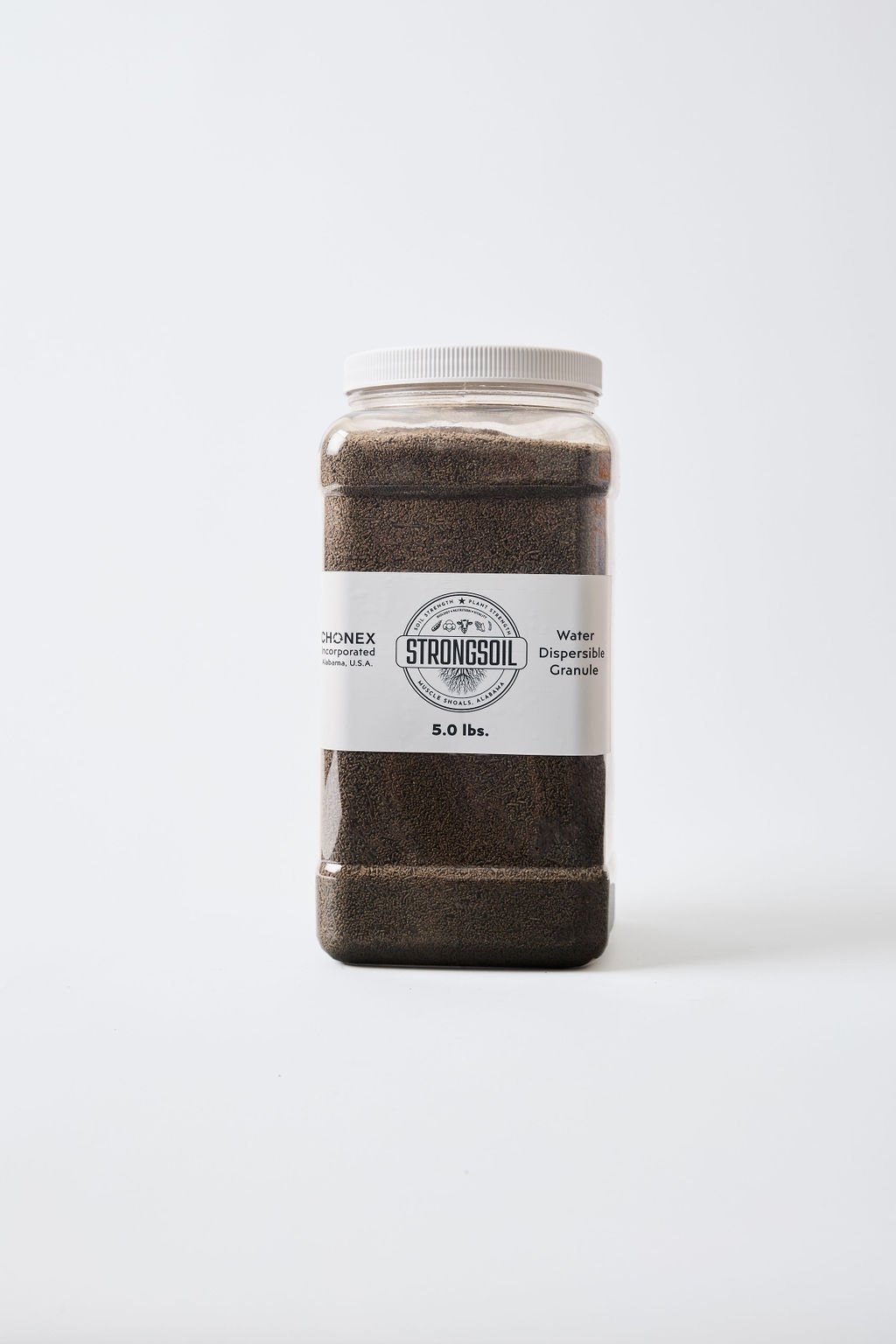How Bio-Fertilizers Support Sustainable Agriculture
Soil health plays a critical role in sustainable agriculture. Traditional farming practices, particularly those reliant on synthetic fertilizers, have led to soil degradation, reduced microbial diversity, and long-term environmental harm. Fortunately, bio-fertilizers offer a natural and effective solution. Biologicals not only replenish essential nutrients but also improve soil structure, leading to healthier soils and more resilient crops.
At Chonex, we believe in helping farmers improve soil health while improving their RIO. In this post, we’ll explore how bio-fertilizers work, their benefits, and why they are essential for the future of agriculture.
Understanding Bio-Fertilizers
Bio-fertilizers are natural substances containing beneficial microorganisms such as bacteria, protozoa, and fungi that promote plant growth by enhancing nutrient availability. Unlike chemical fertilizers, which deliver synthetic nutrients, bio-fertilizers improve soil fertility by fostering a thriving microbial ecosystem.
Some of the most common types of bio-fertilizers include:
Nitrogen-fixing bacteria – These microbes convert atmospheric nitrogen into a form that plants can readily absorb.
Phosphate-solubilizing bacteria – These organisms help break down insoluble phosphorus compounds in the soil, making them accessible to plants.
Mycorrhizal fungi – These fungi form symbiotic relationships with plant roots, extending their reach to absorb more water and nutrients.
By introducing these beneficial microbes, bio-fertilizers enhance soil structure, improve nutrient absorption, and contribute to a more sustainable farming system. Unlike other bio-fertilizers on the market, StrongSoil delivers a very high level of diverse, beneficial bacteria, fungi, and protozoa, plus N, P, K, CA, and Chitin, a key plant health material. This allows StrongSoil to quickly improve soil health.
The Benefits of Bio-Fertilizers
Switching to bio-fertilizers offers numerous environmental and economic advantages, making them an ideal choice for modern farmers. Here’s how they make a difference:
1. Improved Soil Health
One of the greatest strengths of bio-fertilizers is their ability to enhance soil fertility naturally. By fostering beneficial microbial activity, they improve soil structure, water retention, and soil aggregation. This leads to stronger root development and healthier crops.
2. Reduced Dependence on Chemical Fertilizers
Synthetic fertilizers can degrade soil health over time, leading to nutrient imbalances and long-term fertility loss. Bio-fertilizers provide a sustainable alternative by naturally replenishing essential nutrients, reducing the need for chemical inputs.
3. Cost-Effective Farming Solution
Farmers can reduce costs by using bio-fertilizers. Since these products promote natural nutrient cycling, they decrease the need for repeated fertilizer applications. Additionally, healthier soil results in better crop yields over time, further improving profitability. In a recent webinar with Dr. Pam Marrone, she discussed how integrating biologicals even with traditional farming tools has shown an increased return on investment.
4. Eco-Friendly and Sustainable
Unlike chemical fertilizers, bio-fertilizers do not cause environmental pollution. They reduce greenhouse gas emissions, prevent soil and water contamination, and promote biodiversity. This makes them a key component in the fight against land degradation.
When used with other regenerative practices, like Understanding Ag’s 6-3-4 Framework, healthy soil biology improves ecosystems, fosters economic stability for farmers, and strengthens resilience.
5. Enhanced Crop Resilience
Bio-fertilizers not only improve soil quality but also strengthen plant health. By fostering beneficial microbes in the soil, bio-fertilizers help plants resist diseases, drought, and other environmental stresses. StrongSoil® improves the rootzone environment including:
Nutrient uptake
Salt and Heavy Metal Tolerance
Plant Resilience and Plant Stress Tolerance
Drought, Temperature, Pest, and Disease Tolerance
StrongSoil: Putting Bio-Fertilizers to Work
At Chonex, we understand that sustainable farming is not just about maximizing yields—it’s about restoring and maintaining soil health for long-term success. StrongSoil is designed to help farmers transition to more sustainable practices while improving yields and ROI.
Farmers using StrongSoil can:
Rebuild soil health and fertility
Increase nutrient availability for crops
Improve water retention and soil structure
Reduce reliance on synthetic fertilizers and chemicals
Achieve higher yields with lower input costs
The Future of Agriculture with Bio-Fertilizers
As the demand for sustainable agricultural practices grows, bio-fertilizers will play an increasingly vital role. Advances in soil science continue to refine these products, making them more efficient and accessible to farmers worldwide.
With StrongSoil, we’re helping farmers move toward sustainable and regenerative agriculture—where soil is continuously improved rather than depleted.



